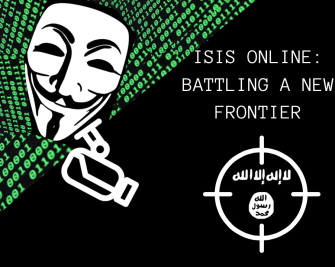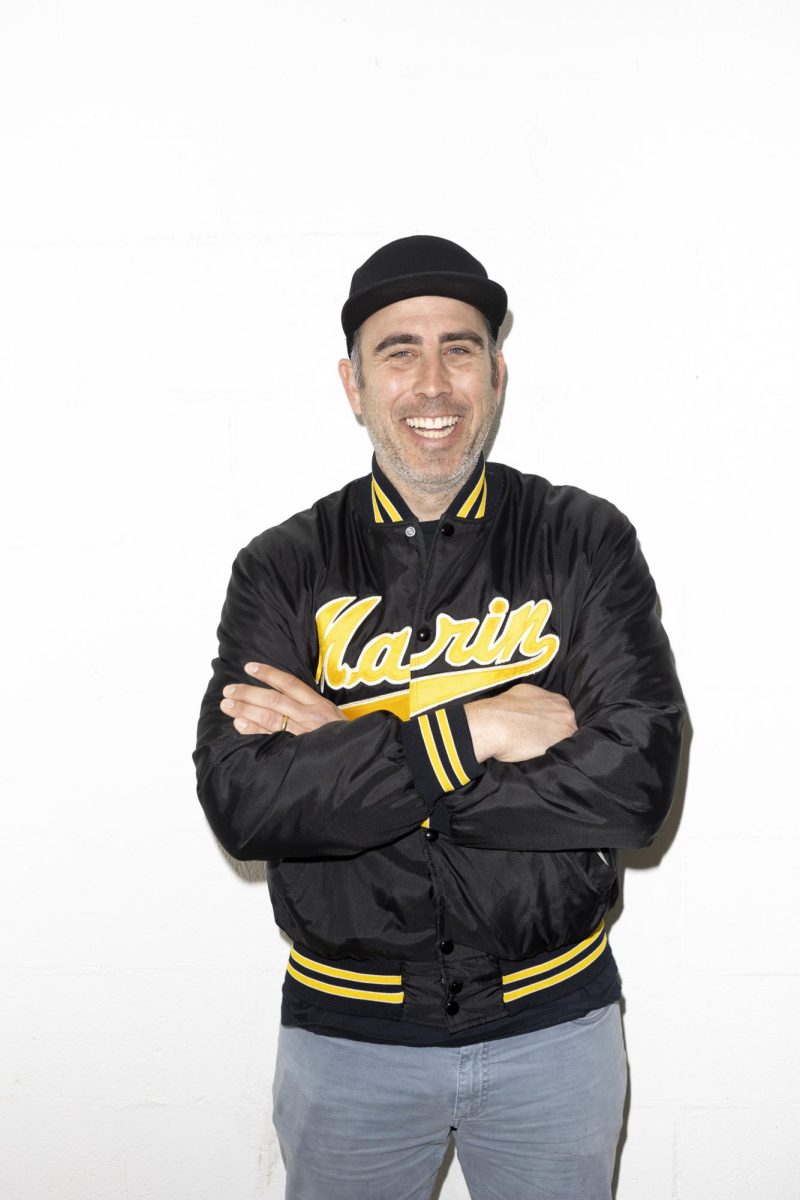Terrorism has a new face. It’s not just one enemy, but rather thousands hiding behind computer screens. Coders, hackers, and security analysts around the world are taking up digital arms in the fight against the Islamic State (ISIS).
Anonymous, a cyber activism organization, declared ‘war’ on ISIS following the Paris terrorist attacks in November. Since then, Anonymous claims to have removed over 12,000 ISIS social media accounts, 5,500 of which were Twitter accounts, according to an official Anonymous video.
Most recently, Anonymous declared a “day of rage” for Friday, Dec. 11 to protest ISIS in major cities such as New York, Paris, and London.
Anonymous may have a long fight ahead, as there are thousands of jihadist accounts. ISIS frequently uses social media to spread radical propaganda. On Twitter alone, there are an estimated 46,000 “overt ISIS supporter accounts” with an average following of 1,004 individuals and 2,219 tweets per user, according to a 2015 Brookings Institute study.

The issue is not only the countless ISIS accounts, but also the inability to spy on ISIS’s online activity. According to Ira Winkler, President of Secure Mentem, a cyber security organization and former National Security Agency analyst, U.S. laws hinder the abilities of private and governmental organizations to track ISIS on social media platforms.
“The U.S. intelligence service, some spy services, and some of the hacktivists groups are a bit reluctant to follow ISIS to U.S.-owned assets because of laws within the U.S. stopping intelligence agencies from spying on U.S. systems,” Winkler said. “ISIS realizes this and they purposefully sign up for cheap or free services used in the U.S., such as Twitter, Facebook, CrowdSquare and other types of services.”
Due to such obstacles, Winkler sees little to no value in Anonymous and no chance of a collaboration between the government and Anonymous.
“Anonymous is a grossly ineffective way for fighting ISIS. It’s a bunch of vigilantes in tights doing what they think is obvious, but it’s not,” Winkler said. “If it’s obvious enough for [Anonymous] to find [ISIS accounts], the government has probably found them already. Frankly, some of the accounts are likely U.S. government-run accounts that were created for intelligence-gathering purposes.”
Joseph Bonneau, Redwood alumnus and postdoctoral researcher at the Applied Crypto Group at Stanford University, shared similar sentiments.
“Anonymous has breached a lot of companies and released many documents in the past, but in this case I don’t think they have the upper hand,” Bonneau said. “A lot of what Anonymous is doing is illegal under the Computer Fraud and Abuse Act. Because of this law, they can’t really make much of an impact without risking criminal charges.”
Anonymous supporter and tweeter “RandomAnon” offered opposing commentary.
“The only effort the government made is to create ISIS in the first place, and it’s the big corporations and bankers, who control the government, that make huge profits from the war in Syria,” RandomAnon wrote in an email interview. “What Anonymous is doing can’t hinder the actions the government is taking against radicals, simply because the [government] isn’t taking any actions against them.”
RandomAnon also believes Russia will better aid its cause than the United States.
“[The U.S. government] has been ‘bombing ISIS’ for so long and ISIS only became stronger,” RandomAnon wrote. “But now that Russia joined the fight, ISIS is getting significantly weaker by the day….Russia actually wants to destroy ISIS.”
William Crabtree, Applied Technology teacher, sees value in Anonymous’s experimental tactics.
“Groups that are bent on disruption create an opportunity for innovation, opportunity for people to not necessarily have conflict, but certainly compete,” Crabtree said. “Anonymous’s goal is not world destruction––they are not going to behead anybody. They’re just a part of the coalition that challenges terror. There is nothing wrong with that.”
Another, more mainstream organization that challenges ISIS is Ghost Security Group. According to Winkler, Ghost Security Group is a more effective version of Anonymous.
“Ghost Security Group has a greater understanding of current events and better knows how to track legitimate, real accounts used by terrorists. They actually find information that is relevant and important,” Winkler said.
According to Ghost Security Group Director, DigitaShadow, Ghost Security Group differs from Anonymous because it has ties to the U.S. government.
“We are different from Anonymous because we have a leadership structure in place and our staff are skilled working within the counterterrorism threatscape,” DigitaShadow wrote in an email interview. “Additionally, we have connections with the United States government to quickly report and terminate immediate threats.”
According to DigitaShadow, Ghost Security group has removed 110,000 social media accounts linked to extremists.
As jihadists move to other platforms, Ghost Security Group follows their tracks.
“There is a population of radical extremists moving to other platforms,” DigitaShadow wrote. “However, we employ operatives known as infiltrators to pose as extremist militants and supporters in order to collect data to be used against the enemy on these other platforms.”
Ghost Security Group is currently in a partnership with Controlling Section, another counterterrorism network. According to an official Controlling Section tweet, its network has identified 107,409 ISIS Twitter accounts. As of Dec. 7, Controlling Section has suspended 80,721 of those accounts and deactivated 2,092. Controlling Section regularly tweets the URLs of targeted ISIS accounts.
While some may question the intentions of ‘hacktivist’ organizations and their tactics, Crabtree believes ISIS is a growing threat to democracy that can’t go unchallenged.
“Terrorists are trying to weaken and manipulate our democracy,” Crabtree said. “Simply being compassionate––not allowing islamophobia or any other judgements seep into your conscious––is the best way any person can combat them.”





















